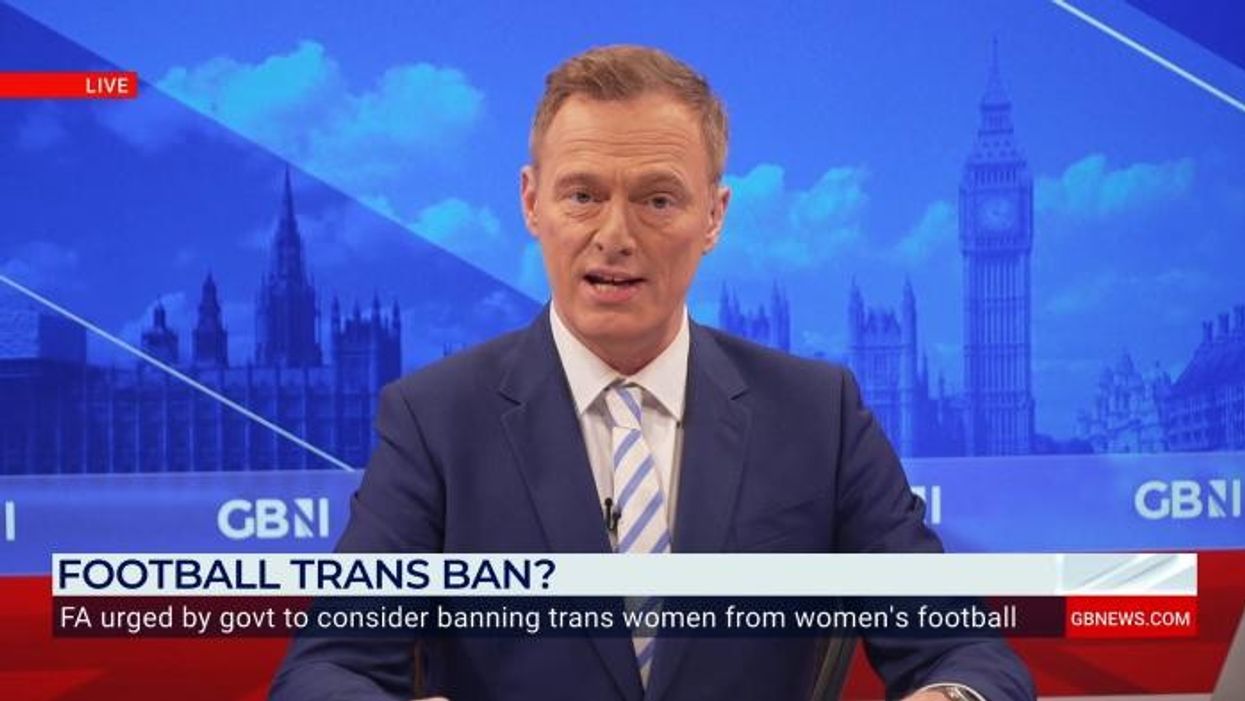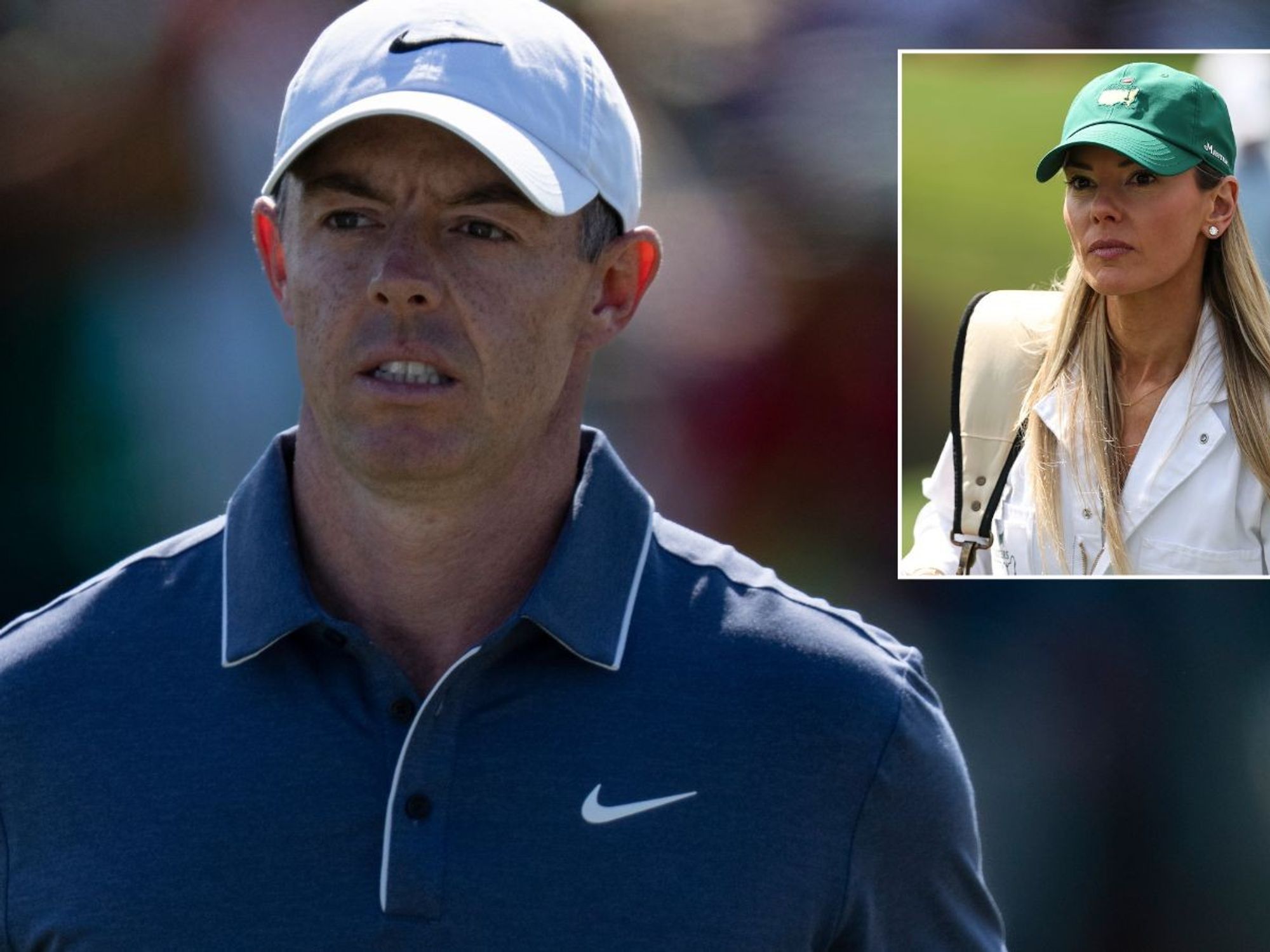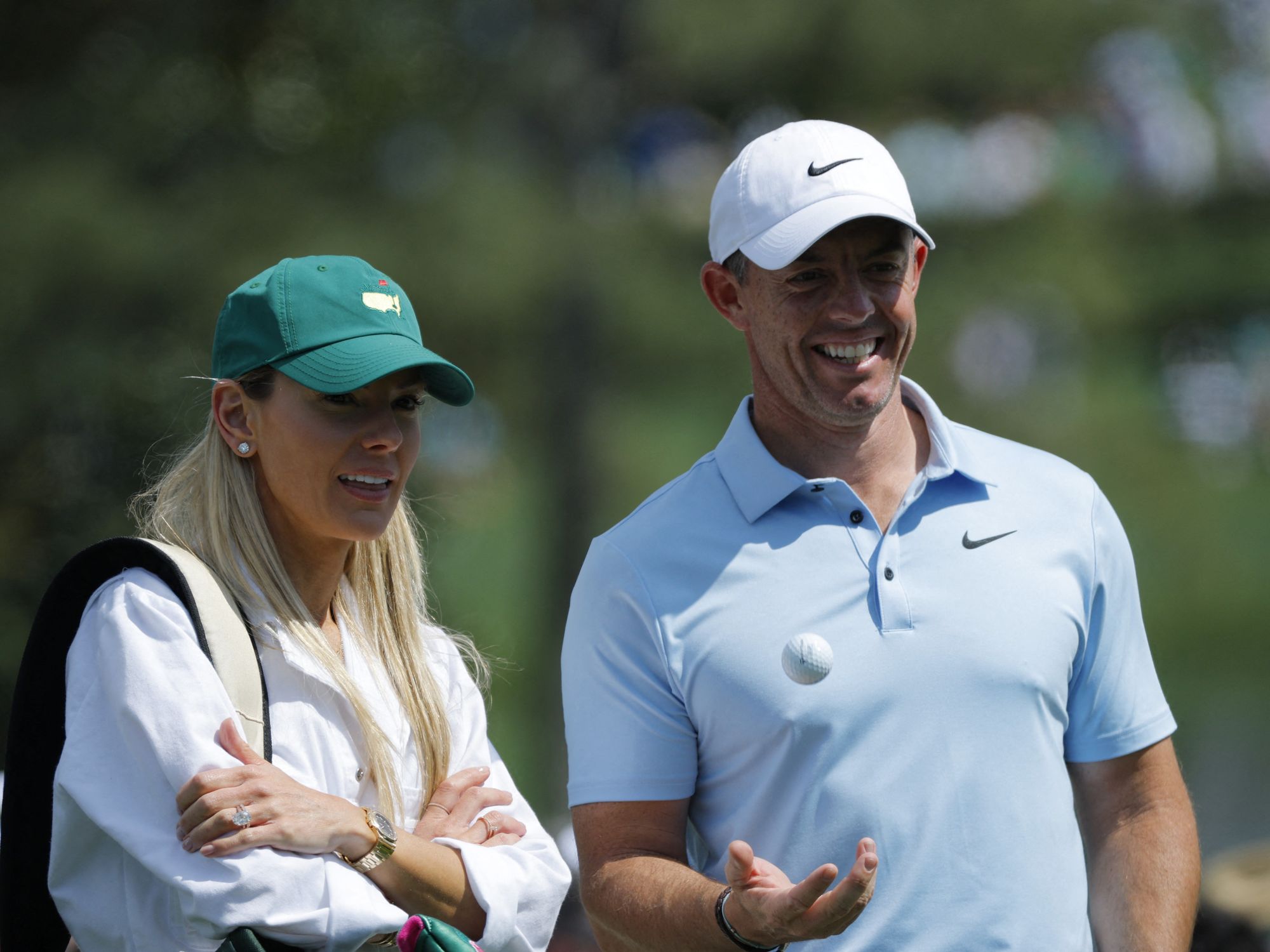The group "has joined a disgraceful lineup of women's organisations that have turned their missions inside-out in the name of trans 'inclusion"', Eliza Mondegreen said
Don't Miss
Most Read
Trending on GB News
Students suing a university sports body for letting a trans athlete compete have been slammed for promoting "white supremacist patriarchy" by a leading feminist organisation.
The National Organization for Women (NOW), the largest organised feminist group in the US, took to social media to blast reports of student athletes taking legal action against American college sports body the National Collegiate Athletic Association (NCAA)after it let Lia Thomas, a transgender woman, to compete in its 2022 national championships.
NOW said: "Repeat after us: Weaponising womenhood against other women is white supremacist patriarchy at work.
"Making people believe there isn't enough space for trans women in sports is white supremacist patriarchy at work."
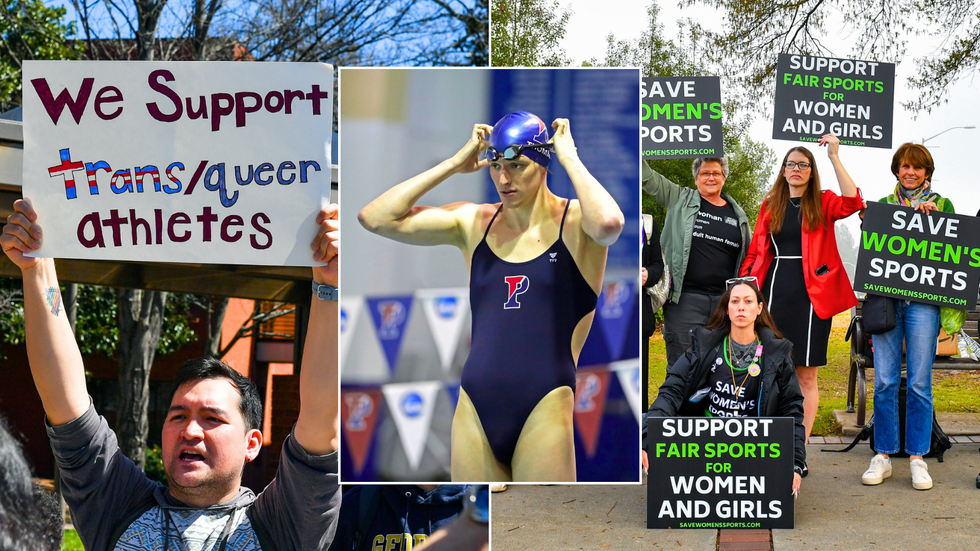
Eliza Mondegreen said the NCAA, which has drawn both support and condemnation from activists, was succumb[ing] to gender ideology
Getty
The group was condemning a lawsuit filed at the US District Court in Atlanta by Riley Gaines, a former University of Kentucky swimmer, and 15 other college athletes against the NCAA accusing it of violating Title IX - a federal statute which guarantees equal opportunity for men and women in college sports and education.
Gaines had shared a locker room with and competed directly against Thomas, who swam for the University of Pennsylvania; the pair had come joint-fifth in a 200-yard final race, but the latter was awarded the trophy.
Thomas was the first openly trans sportsperson to win a Division I title in any sport, finishing in front of three female Olympic medalists for the championship.
The lawsuit mentions that University of Florida swimmer Tylor Mathieu - who is not a plaintiff in the case - was denied first-team All-American honors in that event by not making the final ahead of Thomas.
MORE TRANS ROWS:
- Transgender athletes accused of 'stealing medals' in women's sport as bitter row rages on
- Controversy in America as college chief calls trans athletes 'men masquerading as women' during meeting
- Women's sport issued stark warning amid rise of trans athletes: 'Feminism will be the downfall!'
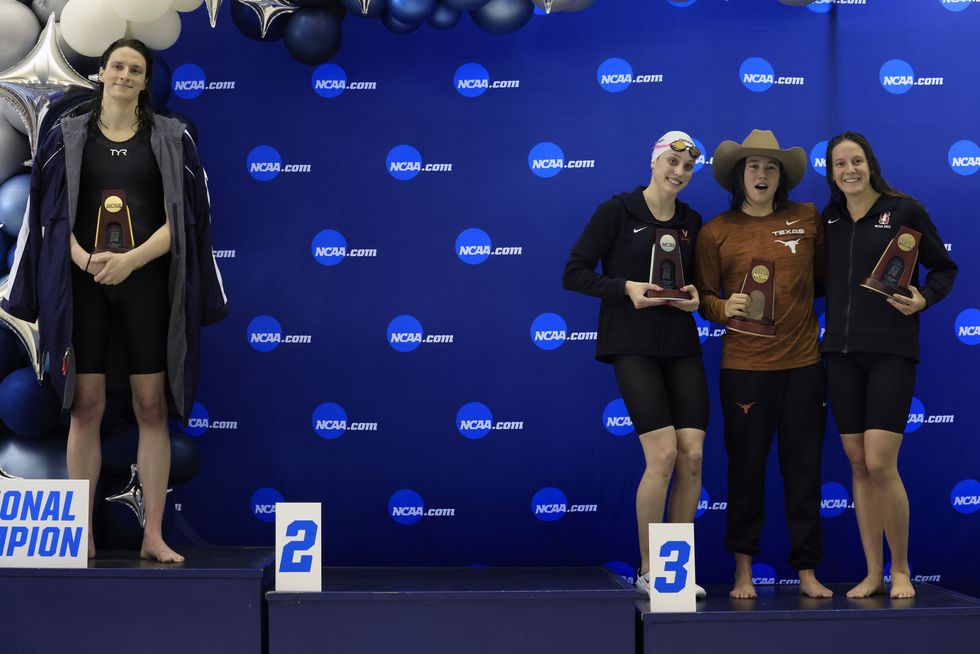
Lia Thomas (left) was the first openly trans sportsperson to win a Division I title in any sport
Getty
The lawsuit said the plaintiffs "bring this case to secure for future generations of women the promise of Title IX that is being denied them and other college women" by the NCAA.
It also alleges: "Promoting policies that deprive women of equal opportunities and safe spaces in collegiate sport appears to facilitate the NCAA's goal of retaining control of the monetisation of college sport.
"Through [its] transgender eligibility policies, the NCAA has aligned with the most radical elements of the so-called diversity, equity and inclusion agenda on college campuses."
In response, an NCAA statement read: "College sports are the premier stage for women's sports in America, and while the NCAA does not comment on pending litigation, the Association and its members will continue to promote Title IX, make unprecedented investments in women’s sports and ensure fair competition in all NCAA championships."
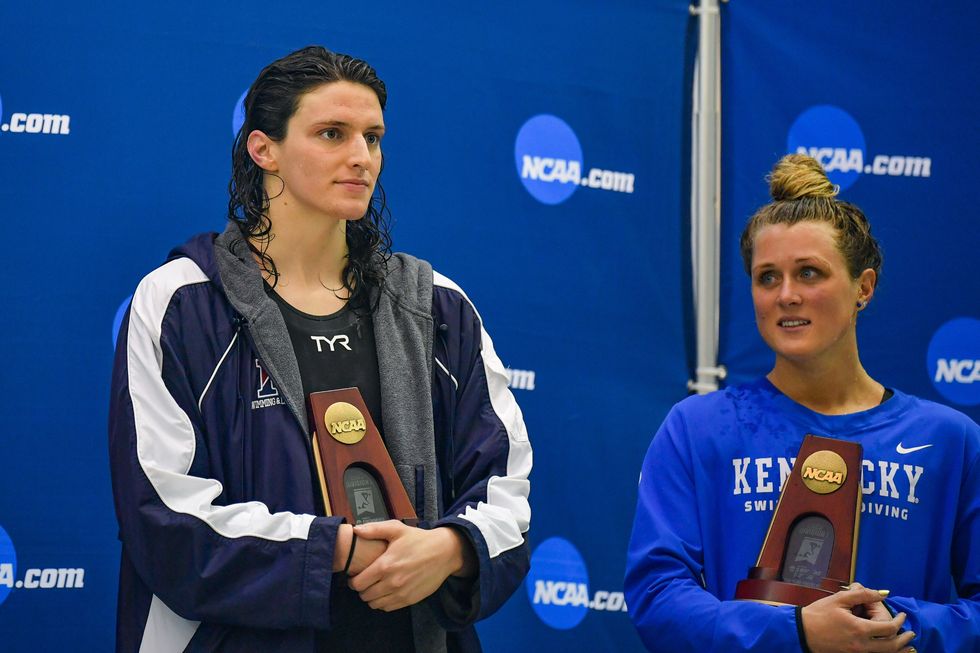
Riley Gaines (right) and 15 other college athletes accused the NCAA of violating Title IX by allowing athletes like Thomas (left) to compete
Getty
Eliza Mondegreen, a writer and commentator on gender identity, said NOW's comments contribute to a shift in sports discourse which sees fairness waylaid for "'collective' values young athletes pick up on the playing field", and accused the organisation of "succumb[ing] to gender ideology".
Mondegreen added that NOW "has joined a disgraceful lineup of women's organisations that have turned their missions inside-out in the name of trans 'inclusion'".
She said: "Rather than defend the rights of women and girls - to safety, dignity, single-sex spaces, and fair play - these organisations have lost their purpose."
But experts have defended the inclusion of trans athletes in women's sport; in 2022, endocrinologist Dr Ada Cheung told the Sydney Morning Herald: "We actually don't know if there’s a biological advantage for transgender women over cisgender women because the science is not clear," and called for trans inclusion policies to lean away from being "opinion"-led.

